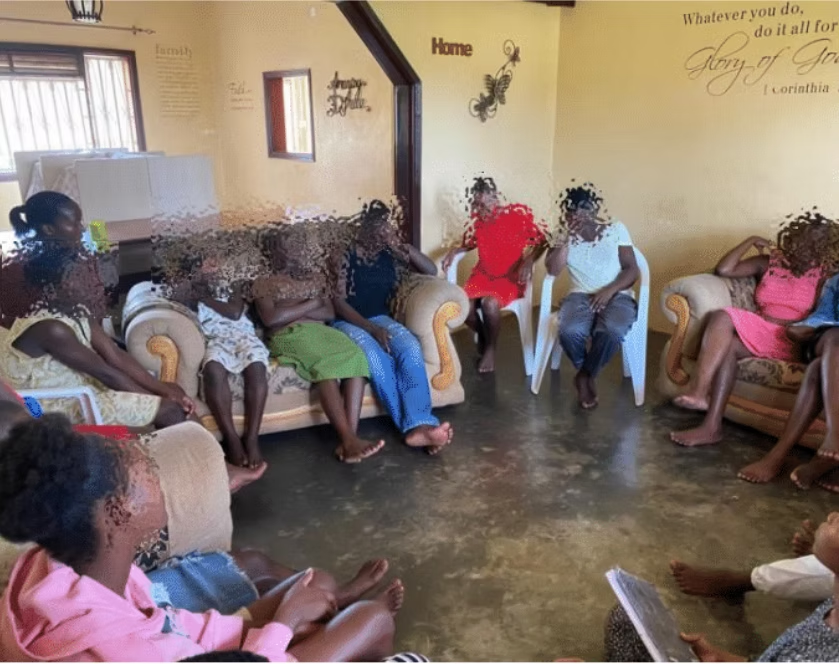Rahab Uganda is a leading organization dedicated to rescuing, rehabilitating, and reintegrating young girls affected by commercial sexual exploitation and human trafficking. Since its founding in 2005, Rahab Uganda has provided trauma-informed, survivor-centered care that addresses the complex emotional, social, and practical needs of girls in crisis.
At their residential shelter, survivors receive 24/7 holistic support, including safe housing, nutritious meals, education reintegration, spiritual care, counseling, family tracing, and reunification services. The shelter operates as a lifeline for vulnerable girls, offering not just physical protection but the tools to heal from severe trauma such as PTSD, anxiety, and depression, which are common among trafficking survivors. In addition, the program offers case management services that prioritize restoring dignity, building self-esteem, and preparing girls for reintegration into supportive family or community environments.
In 2025, Rahab Uganda seeks funding to maintain and expand its critical services. Funds will cover essential renovations to shelter facilities, transportation costs for reintegration activities, education fees and supplies for girls returning to school, and administrative support needed to sustain and strengthen holistic care. As the number of referrals grows and the needs of survivors become more complex, this project ensures that Rahab Uganda can continue to offer a safe, empowering environment where girls can reclaim their futures.
Through this effort, Rahab Uganda reaffirms its commitment to transform lives one girl at a time, building a pathway to healing, education, and long-term resilience.
Your donation will ensure that survivors of trafficking have a safe place to heal, reconnect with family, return to school, and regain hope for a brighter future.

.png)
We provide essential services tailored to survivors' needs, including family reunification, residential care, and reintegration programs for at-risk children and youth.
.png)
Through our accreditation processes and open-source collaboration, we connect and support aftercare organizations, enhancing the quality of care and support available to survivors globally.

Engaging with a global community of service providers, researchers, and advocates, we drive innovation and continual improvement in aftercare practices to combat human trafficking effectively.

Our active engagement spans Southeast Asia, Africa, and Latin America, where we support organizations in building brighter futures for survivors and uniting communities to end exploitation.